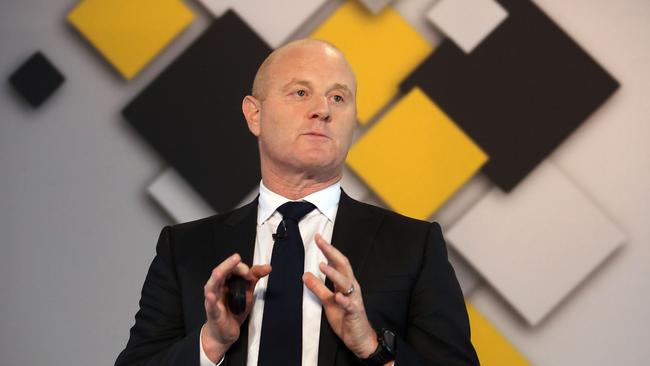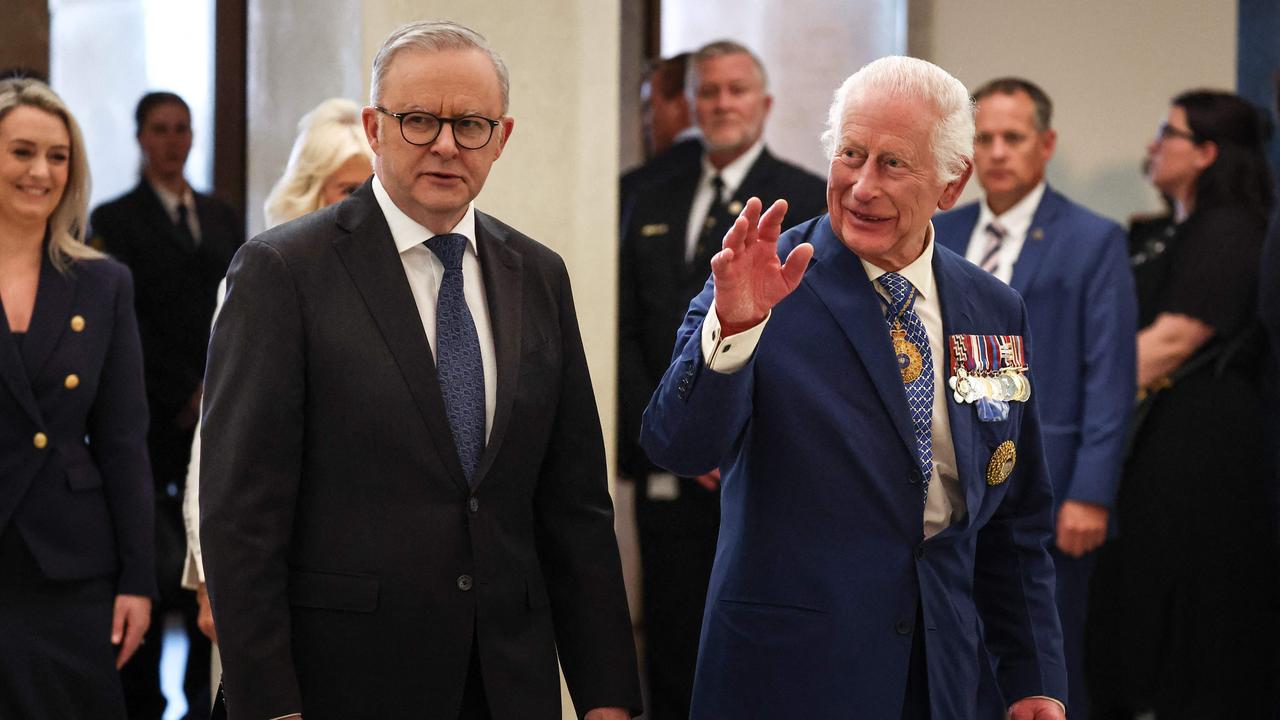
The Lindsay Maxsted-led Westpac board needs to study the Commonwealth Bank playbook for how to respond with gusto to a financial crimes scandal.
Then they need to act swiftly to cut 2019 short-term bonuses for the entire executive team to zero. The 2020 bonus payments should also be potentially off the table or severely cut. It’s not enough to merely freeze the bonus payments pending an accountability review.
When the Commonwealth Austrac scandal broke in 2017, for all its faults including executives ignoring warnings from branch staff about large quantities of money flowing through its ATMs, the board acted hard and fast on executive accountability.
On August 4, 2017, the bank acknowledged the Austrac action and four days later chairman Catherine Livingstone scrapped short-term bonuses for the chief executive and all the bank’s group executives. Livingstone called it “collective accountability” for the overall reputation of the group, and rightly so.
An accountability review doesn’t cut it when a penalty of $1bn is likely to be hitting Westpac shareholders in 2020. Bonuses should be off the table regardless of what the review shows.
To be fair, CBA did take longer — 10 days — to announce chief executive Ian Narev would fall on his sword and did allow him to stay on while a successor was identified.
For some reason though, Maxsted won’t properly address the bonus issue.
On the weekend after the Federal Court action was lobbed by Austrac this columnist specifically asked Maxsted why he wouldn’t take the CBA approach and cut bonuses to zero across all top executives.
At that stage, chief executive Brian Hartzer was still in the top job and Westpac had just outlined its reponse and action plan.
Maxsted’s response at the time was the board “just don’t know enough” without a sweeping review to pinpoint pay consequences.
“We accept that we have fallen short of both our own and regulators’ standards and are determined to get all the facts and assess accountability.”
Perhaps the Westpac shareholder unrest, criticism and heckling endured by him and the board at the six-hour annual general meeting on Thursday will cause non-executive directors to pause and reassess.
Westpac shareholders — who were rightly angry and disgusted that the 23 million alleged breaches of the law went unnoticed or rectified for many years — were demanding answers on Thursday.
Austrac made it clear in 2016 to banks that it had issued new guidelines for “key indicators” on the purchase of child exploitation material, through funds transfer, so that the activity could be properly screened. Yet it took 18 months for the bank to implement the change to its systems across LitePay and other payments to The Philippines.
As part of its efforts to avoid a second strike on pay — which didn’t work after the Austrac action moved the goalposts — Westpac’s board did reduce fees for non-executive directors for 2019 and cut the total target and maximum pay for the top executives through long-term bonuses.
But accountability needs to be felt across the upper echelon of the bank for the shortcomings relating to monitoring of financial crimes. That means zero bonuses for at least 2019.
Human impact
The Westpac AGM on Thursday brought out a lot of emotional questions from shareholders.
The meeting heard from a retired psychologist and Westpac shareholder who worked with children and adults who were victims of sexual abuse.
There were also several questions from Chris Schacht, former Labor senator and minister for science and small business, who was the founding chair of a parliamentary human rights committee.
He spoke about the formation of Austrac and asked how Westpac failed to pick up the “most vile abuse of human rights”.
“It was part of your job to keep your eyes open and you didn’t.”
Dr Peter Brandson, head of the Bank Reform Now group, had some pertinent questions too.
He called out that with a trio of former KPMG operatives on the board being alert to anti-money laundering laws and obligations should have been a given.
He went further to say it was “inexplicable” that the board didn’t know about the 23 million alleged breaches of the law before August last year.
Hayne reading
Quizzed by a shareholder on the contents of the Hayne royal commission’s final report and its references to Westpac, there was another startling revelation to come out of Thursday’s AGM.
The investor didn’t give up on their prodding and asked members of the board to raise their hand if they had read the entire final blueprint from Commissioner Kenneth Hayne.
Several didn’t raise their hand. Given the importance of the document to the regulatory landscape for banks and the reforms that will flow from it, it is poor form that bank directors haven’t read the final report in its entirety.
While non-executive directors are not running the bank, they are overseeing and signing off on key decisions put to them by management. Being properly informed should be non-negotiable.
With large shareholders delivering the board stability to get on with the job, it’s now time for directors to roll up their sleeves.



